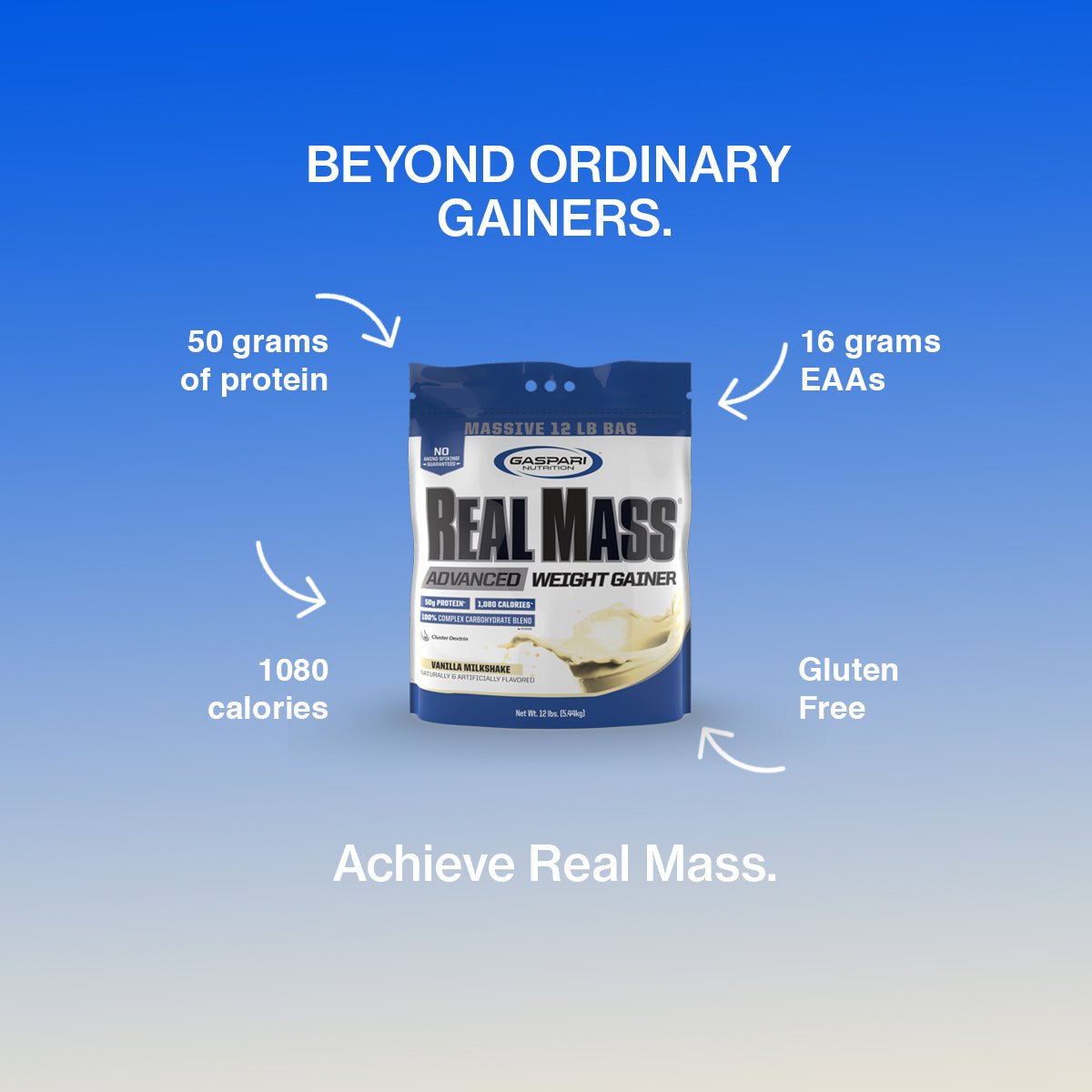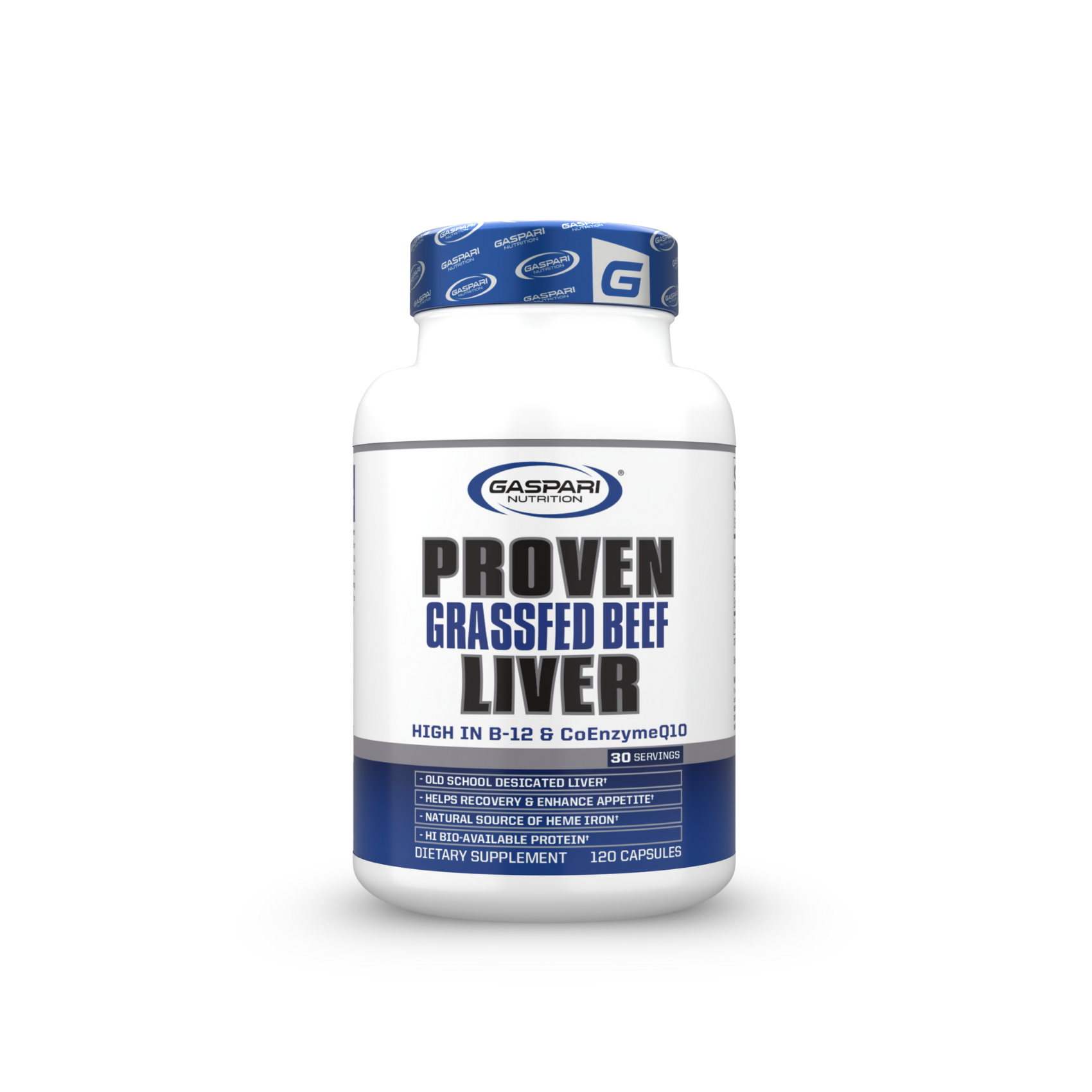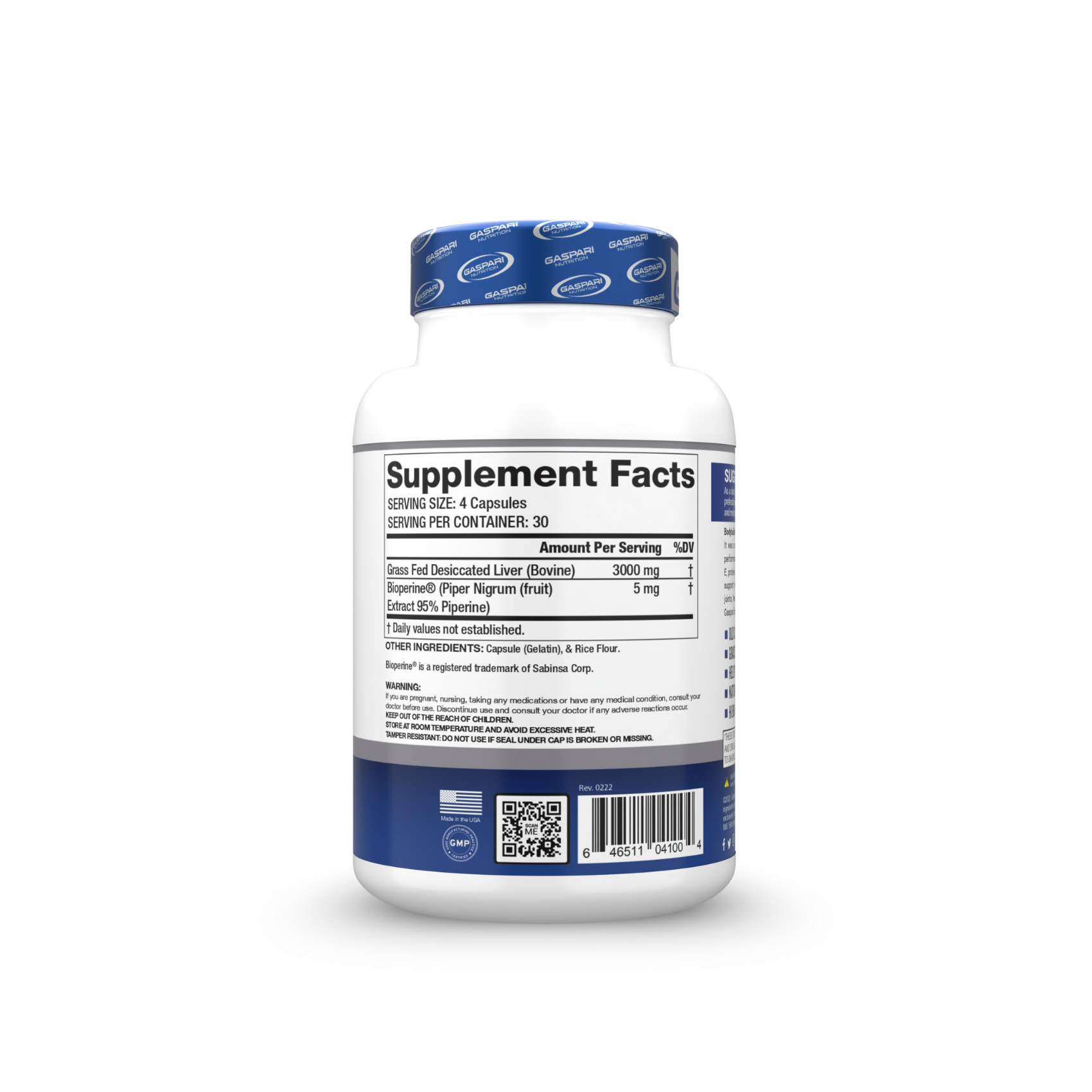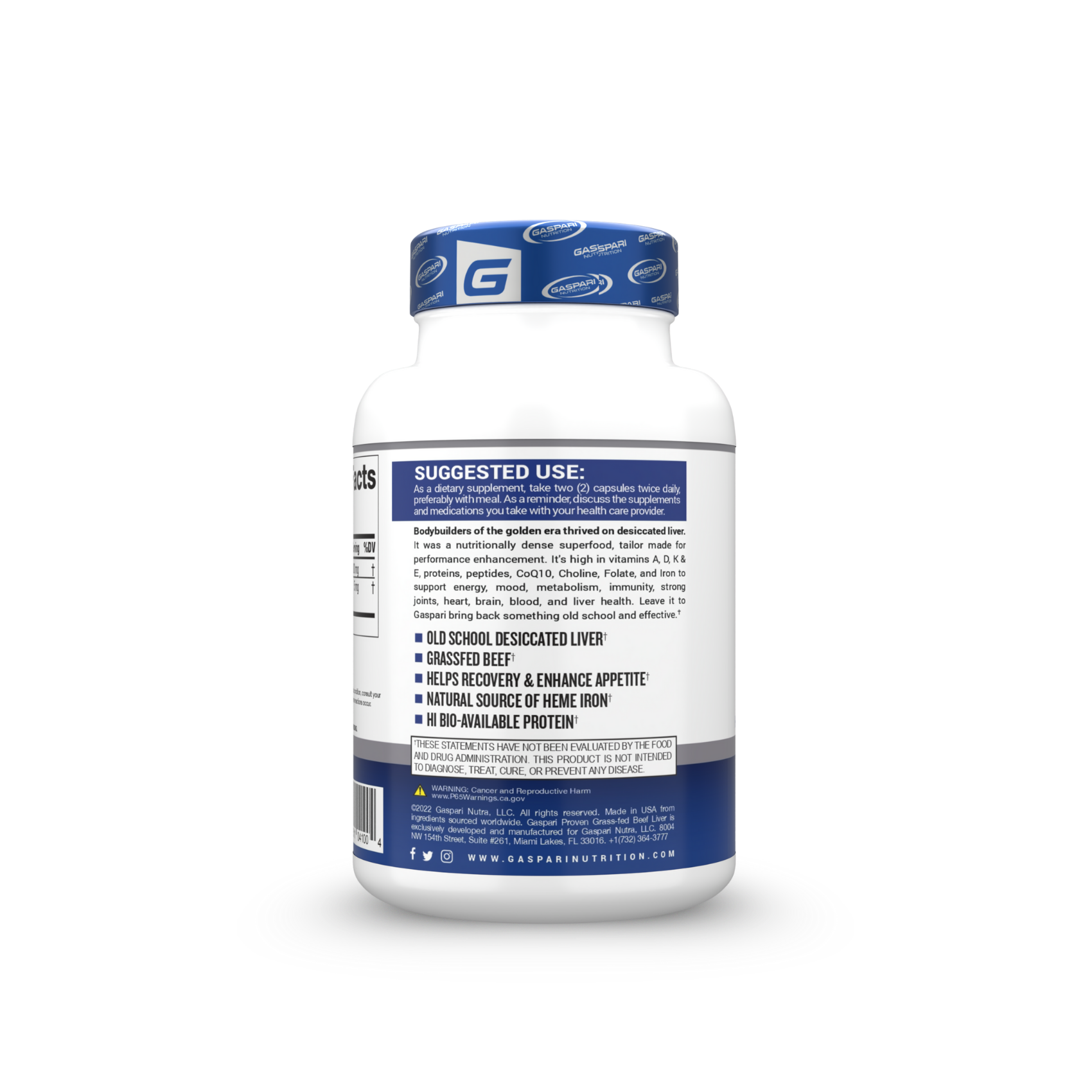If you are new to the world of bodybuilding, you may not have heard of this particular exercise. Power cleans are not as commonly known as some other exercises, but they might be one of the best exercises in your toolbox.
The power clean is a compound exercise, which means that it trains more than one muscle group and more than one skill. In this case, the idea of a compound exercise has been taken to the extreme. If you are looking for a single exercise that works most of the body (to one extent or another), this is an exercise that will serve you well. The only bad thing about this exercise is the fact that it requires a little more precision. As such, today’s goal is to help you perfect this technique.
How To Do A Power Clean
The power clean is a relatively complex exercise. This complexity is the price you pay for an exercise that does so much at one time. Not only will it work a variety of muscle groups, but it will also force you to practice balance and coordination. For convenience, the process is normally divided into four stages.
1. The Setup
Start with a loaded barbell on the floor in front of you. Stand with your feet about as wide as your hips. The barbell should be touching your shins at this point. Bend your knees and squat down to grab the bar with both hands. You should be using an overhand grip, and your arms should be hanging straight down. Try to resist the urge to look down, as your head needs to be pointed straight ahead for proper bone alignment.
2. The Initial Lift
Once you are in the proper starting position, extend your legs and stand up, bringing the loaded barbell upwards in a straight line. Your grip should not change, and your arms should not bend at this point. Once you are holding the bar at about waist level, it’s time for the explosive part of the motion.
Raise your heels slightly from the ground, and use a contracting motion to shoot the bar upwards with as much explosive power as you can manage. This is a difficult thing to describe, so this video might be helpful. The ankles, knees, and hips all explode into motion at the same time, creating what some experts call a “triple extension.”
3. The Catch
As the bar is raised upward, squat down and catch it as it falls. You should end with the bar resting on your collarbone, with most of the weight being supported by your arms. The hands are palm-up at this point, and the legs are in a full squat. The lower part of the arm should form a straight line so that your triceps run parallel to the ground. Your back and your shins should be bent at about the same angle.
4. The Finisher
At this point, you just need to stand up. As you do, push upward on the weight so that it isn’t pushing down on your clavicle (collarbone) with all its weight. Hold it for just a second, and then drop the bar.
Not everyone chooses to drop the bar in this way. If you are working out in a place where the floor isn’t made of solid concrete, it might be a bad idea to slam a loaded barbell onto the floor repeatedly. If you don’t feel safe dropping the bar, just squat back down and replace the barbell in its original position.
How Many Reps?
This is an exercise that involves maximum exertion with minimal repetitions. Of course, you could certainly reduce the weight and go for more reps. However, you would be defeating the purpose of the exercise. A few studies have been conducted on the subject of proper loading for this exercise. Most seem to agree that the best results are obtained by using 60-80% of the maximum weight that you can lift.
Research indicates that resting between repetitions is very important. By doing this, you can maintain peak performance through a longer set. This is also an exercise that can potentially cause injury if your body fails at the wrong moment, making rest periods even more important.
Common Mistakes:
Here is a list of common mistakes that you should be careful to avoid:
- Throwing your chest forward in the starting position. This causes the shoulders to be pulled back, causing a misalignment
- Not keeping the back straight
- Making the barbell travel in an arc rather than straight up
- Premature bending of the arms during the initial lift
- Dropping the barbell on your toes at the end of the clean(very bad!)
- Not taking enough rest between reps
What Do Power Cleans Work?
As we said earlier, this exercise works quite a few muscle groups at once.
This exercise focuses primarily on your glutes, hamstrings, quadriceps, calves, shoulders, and lower back. To a lesser extent, it will also work the triceps, upper back, and abdominals. This is a very impressive list of muscle groups, and it probably represents the single biggest benefit of this technique.
If you are able to perfect this exercise, it can really save you some time. Most of us don’t have as much time to work out as we would wish, so the power clean is a great option for those who need to get their workout done in a hurry.
Conclusion
As compound exercises go, you really couldn’t ask for a better one than this. With such a high effort-to-output ratio, a serious bodybuilder cannot afford to overlook this particular technique. Aside from the muscle-building application, the power clean benefits the ability of an athlete to perform explosive motions like jumping and sprinting.
There is a difference between strength at rest and strength in motion, and this difference really comes out when you do fast and intense exercises like this one. The power clean will help you to develop better balance and coordination, as well as a better jump. We thank you for reading this article, and we hope that you will follow us on Facebook for more articles like this.
The post What Do Power Cleans Work? appeared first on Gaspari Nutrition.























































































Share:
How To Do An Overhead Dumbbell Triceps Extension
Can Poor Diet & Exercise Affect My Sex Life?